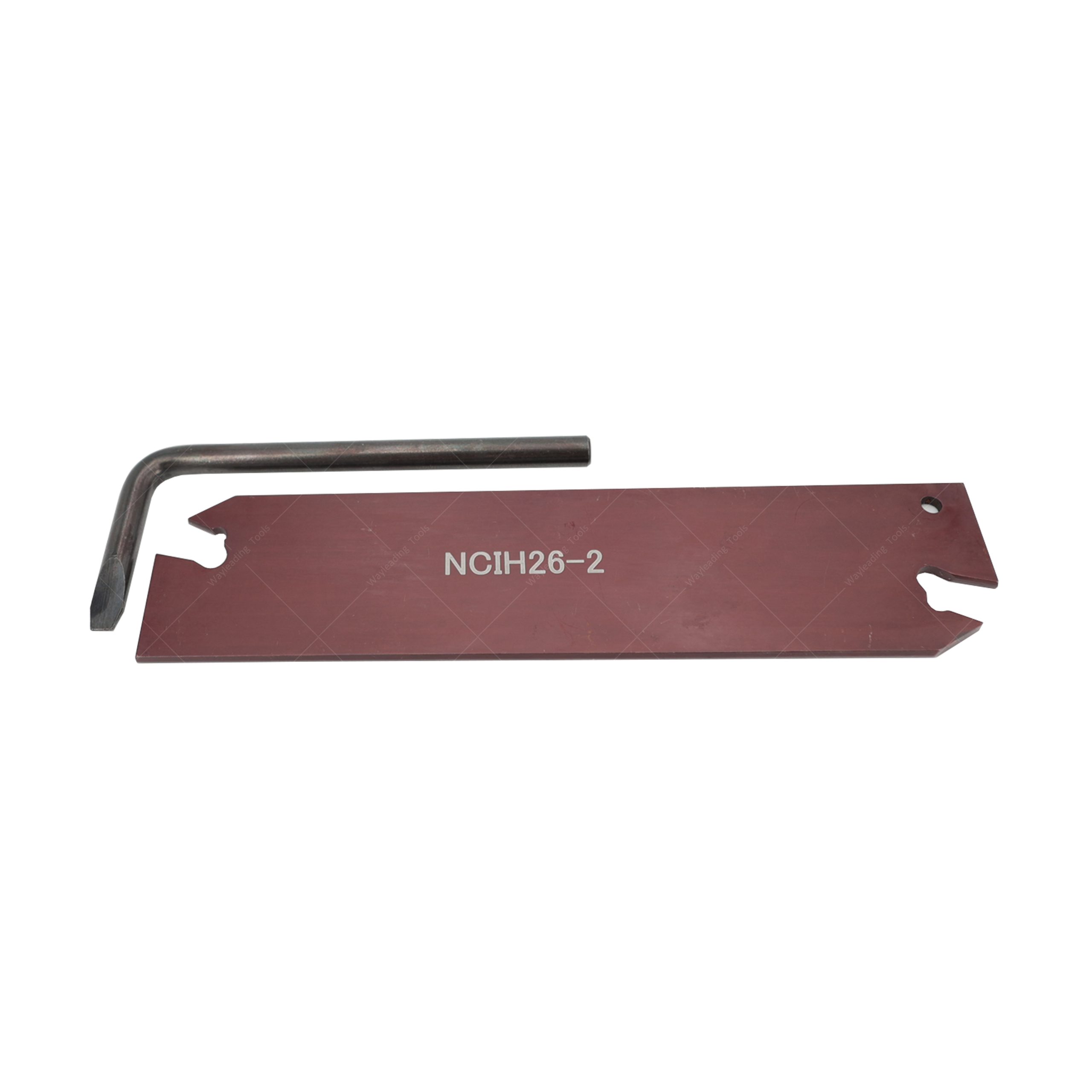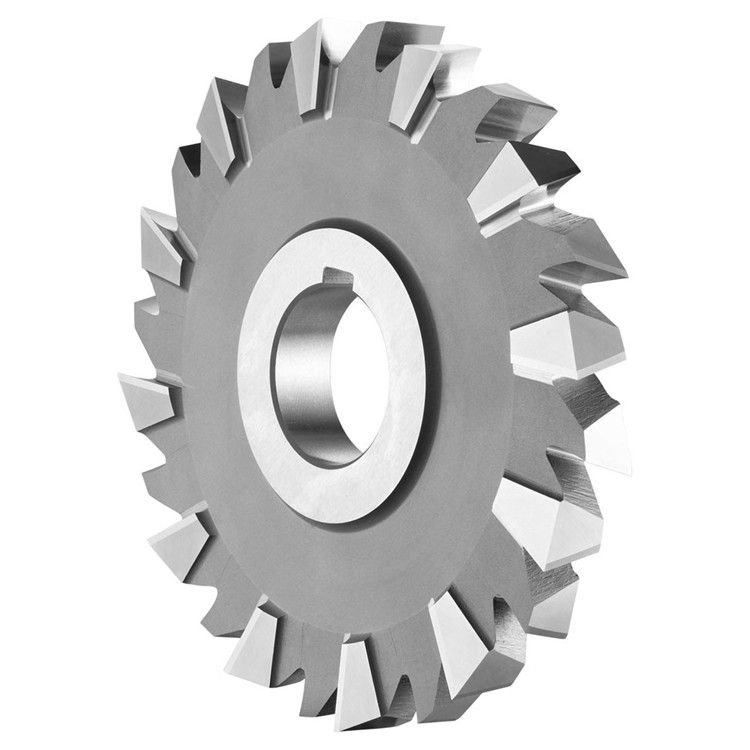High-Quality Carbide Tipped Hole Cutter
High-Quality Carbide Tipped Hole Cutters are essential tools for creating precise and clean holes in various materials, including stainless steel, mild steel, aluminum, and even some plastics. Their robust construction and carbide tips provide exceptional durability and cutting performance compared to standard bi-metal hole saws. This guide explores the key features, applications, selection criteria, and maintenance tips for these versatile tools, helping you choose the right one for your specific needs. Explore our range of hole cutters at Wayleading Tools for superior performance.
Understanding Carbide Tipped Hole Cutters
What are Carbide Tipped Hole Cutters?
High-Quality Carbide Tipped Hole Cutters are designed for drilling large diameter holes. Unlike traditional twist drills, they cut around the circumference of the hole, removing a solid core. The carbide tips provide exceptional hardness and wear resistance, allowing them to cut through difficult materials. These cutters are particularly well-suited for applications where precision, clean cuts, and long tool life are critical.
Carbide is a composite material made of cemented carbide particles, typically tungsten carbide, in a metallic binder matrix, usually cobalt. This combination provides a high hardness and resistance to abrasion, heat, and corrosion. This makes carbide-tipped cutters significantly more durable and capable of cutting through harder materials than high-speed steel (HSS) or bi-metal cutters.
Advantages of Using Carbide Tipped Hole Cutters
Compared to other types of hole cutters, High-Quality Carbide Tipped Hole Cutters offer several significant advantages:
- Extended Tool Life: Carbide tips are much harder and more wear-resistant than HSS or bi-metal, resulting in a longer tool life, especially when cutting abrasive materials.
- Faster Cutting Speed: The aggressive cutting edges of carbide tips allow for faster cutting speeds, reducing project completion time.
- Clean and Precise Cuts: Carbide cutters produce clean, burr-free holes with minimal deformation of the surrounding material.
- Versatility: Suitable for a wide range of materials, including stainless steel, mild steel, cast iron, aluminum, and plastics.
- Improved Hole Quality: Creates rounder and more accurate holes compared to standard hole saws.
Applications of Carbide Tipped Hole Cutters
High-Quality Carbide Tipped Hole Cutters are used across various industries and applications, including:
- Metalworking: Drilling holes in steel plates, pipes, and structural components.
- Construction: Creating openings for pipes, wiring, and HVAC systems.
- Automotive: Drilling holes in vehicle frames, body panels, and exhaust systems.
- Electrical: Making holes for conduit, junction boxes, and cable glands.
- Plumbing: Drilling holes in pipes for fittings and connections.
- Aerospace: Drilling precise holes in aircraft components (using specialized carbide grades).
Selecting the Right Carbide Tipped Hole Cutter
Choosing the right High-Quality Carbide Tipped Hole Cutter is crucial for achieving optimal performance and tool life. Consider the following factors:
Material to be Cut
The type of material you'll be cutting is the primary factor in selecting a hole cutter. For harder materials like stainless steel or cast iron, opt for cutters with higher-grade carbide tips and more aggressive cutting geometries. Softer materials like aluminum and plastics may require cutters with different tooth designs to prevent chipping or snagging.
Hole Diameter and Depth
Ensure that the hole cutter's diameter matches the required hole size. Also, consider the maximum cutting depth of the cutter, especially when drilling through thick materials. Check the product specifications for the cutter's maximum cutting depth.
Arbor Compatibility
Verify that the hole cutter is compatible with your drill's arbor (the part that holds the cutter). Hole cutters typically use standard arbor sizes, but it's essential to confirm compatibility to avoid damage or unsafe operation. Wayleading Tools offers a wide variety of Arbors for any size Hole Cutter requirement.
Carbide Grade
The grade of carbide used in the tips affects the cutter's performance and durability. Higher-grade carbides offer superior hardness and wear resistance, but they may also be more expensive. Common carbide grades include C2, C6, and micro-grain carbides. Refer to the manufacturer's specifications for the carbide grade used in a particular cutter.
Tooth Design
The tooth design influences the cutting speed, chip evacuation, and hole quality. Different tooth designs are optimized for specific materials and applications. For example, variable-pitch teeth can reduce vibration and improve cutting performance in steel. Gullet size and shape impact chip removal efficiency, preventing clogging and overheating.
Best Practices for Using Carbide Tipped Hole Cutters
Following these best practices will help maximize the performance and lifespan of your High-Quality Carbide Tipped Hole Cutters:
- Use the Correct Speed: Refer to the manufacturer's recommendations for the appropriate cutting speed (RPM) based on the material and hole diameter. Cutting at too high or too low a speed can damage the cutter and reduce its lifespan. A speed chart is typically provided with the cutter or available on the manufacturer's website.
- Apply Adequate Pressure: Apply consistent and moderate pressure while drilling. Avoid excessive force, which can overload the cutter and cause premature wear. Let the cutter do the work, and don't force it.
- Use Cutting Fluid: Applying cutting fluid or lubricant reduces friction and heat, extending the cutter's life and improving the hole quality. Choose a cutting fluid that is appropriate for the material being cut.
- Clear Chips Regularly: Remove chips and debris from the cutting area frequently to prevent clogging and overheating. Use a brush or compressed air to clear the chips.
- Proper Storage: Store the hole cutters in a dry and clean environment to prevent corrosion and damage. Use a protective case or organizer to keep the cutters separate and prevent them from banging against each other.
Maintenance and Care
Proper maintenance is essential for prolonging the life of your High-Quality Carbide Tipped Hole Cutters. Regularly inspect the cutter for signs of wear or damage. If the carbide tips are chipped or broken, consider having them re-sharpened or replaced by a professional. Keep the cutting edges clean and free from debris. Apply a light coat of oil to prevent rust.
Troubleshooting Common Issues
Here are some common issues that may arise when using carbide tipped hole cutters and how to address them:
- Cutter Binding or Stalling: This can be caused by excessive pressure, inadequate lubrication, or chip buildup. Reduce the pressure, apply more cutting fluid, and clear the chips.
- Premature Wear: This can be due to cutting at the wrong speed, using the wrong type of cutter for the material, or inadequate lubrication. Adjust the cutting speed, select a more appropriate cutter, and use cutting fluid.
- Chipped or Broken Tips: This can be caused by hitting hard spots in the material, using excessive force, or dropping the cutter. Avoid hitting hard spots, reduce the pressure, and handle the cutter carefully.
- Oversized or Out-of-Round Holes: This can be caused by a worn or damaged cutter, excessive vibration, or improper technique. Replace the cutter, reduce vibration, and use a steady hand.
Comparison Table of Carbide Tipped Hole Cutters
| Feature | High-Speed Steel (HSS) | Bi-Metal | Carbide Tipped |
|---|---|---|---|
| Hardness | Moderate | Moderate | High |
| Wear Resistance | Moderate | Moderate | High |
| Cutting Speed | Low to Moderate | Moderate | High |
| Material Suitability | Soft Metals, Wood, Plastic | Steel, Aluminum, Wood | Steel, Stainless Steel, Cast Iron, Aluminum |
| Cost | Low | Moderate | High |
Where to Buy High-Quality Carbide Tipped Hole Cutters
High-Quality Carbide Tipped Hole Cutters can be purchased from various sources, including:
- Industrial Supply Stores: These stores offer a wide selection of cutters from different manufacturers.
- Online Retailers: Online retailers provide convenient access to a vast range of cutters, often at competitive prices.
- Manufacturer Websites: Some manufacturers sell their products directly through their websites.
- Wayleading Tools: Explore our comprehensive range of carbide tipped hole cutters at www.wayleading.com for exceptional quality and performance.
Conclusion
High-Quality Carbide Tipped Hole Cutters are indispensable tools for professionals and DIY enthusiasts who require precise, clean, and durable holes in a variety of materials. By understanding the key features, applications, selection criteria, and maintenance practices, you can choose the right cutter for your needs and maximize its performance and lifespan. Consider Wayleading Tools for all your hole cutting requirements.
Disclaimer: This article provides general information about High-Quality Carbide Tipped Hole Cutters. Always refer to the manufacturer's instructions and safety guidelines before using any tool. Data provided is based on general industry knowledge and may vary depending on the specific product and manufacturer. Always consult the product's official documentation for accurate specifications.
Related products
Related products
Best selling products
Best selling products-
 Precision Outside Micrometer With digit Counter Of Inch & Metric With Rachet Stop
Precision Outside Micrometer With digit Counter Of Inch & Metric With Rachet Stop -
 HSS Metric & Inch Dovetail End Mill With 45 And 60 Degree For Industrial
HSS Metric & Inch Dovetail End Mill With 45 And 60 Degree For Industrial -
 Precision Straight Shank To Morse Taper Adapter
Precision Straight Shank To Morse Taper Adapter -
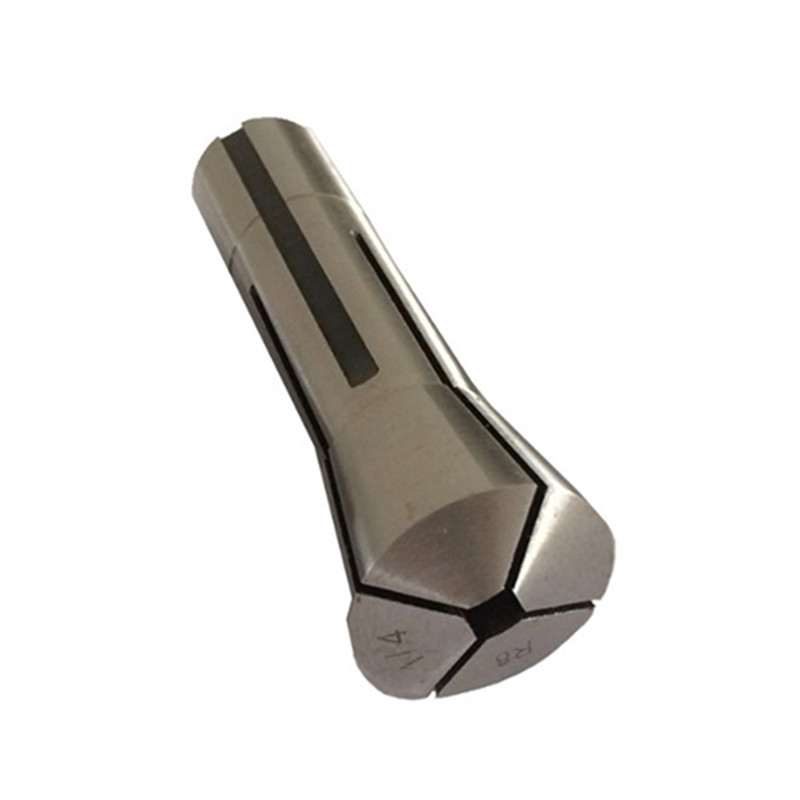 R8 Square Collet With Inch and Metric Size
R8 Square Collet With Inch and Metric Size -
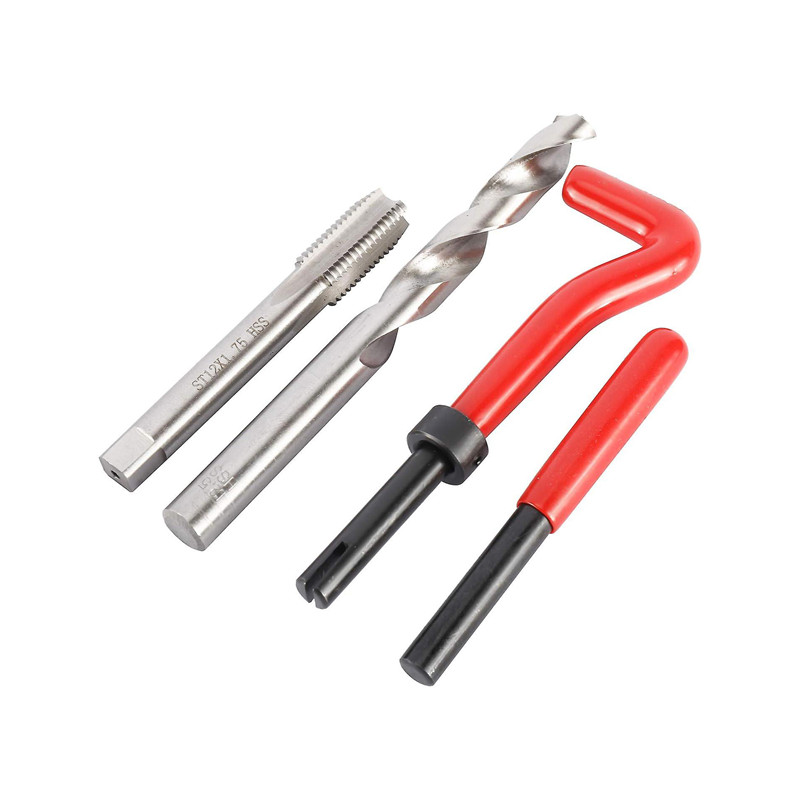 131PCS Thread Repair Set And Helicoil Type Thread Repair Set
131PCS Thread Repair Set And Helicoil Type Thread Repair Set -
 Precision 2pcs Angle Blocks Set With High Quality Type
Precision 2pcs Angle Blocks Set With High Quality Type -
 Digital Depth Gauge With Stainless Steel For Industrial Type
Digital Depth Gauge With Stainless Steel For Industrial Type -
 Single Wheel Knurling Tools With Straight Pattern For Industrial Type
Single Wheel Knurling Tools With Straight Pattern For Industrial Type -
 Indexable Square Shoulder End Mill For Industrial
Indexable Square Shoulder End Mill For Industrial -
 MT-APU Drill Chuck Holder With Keyless Type
MT-APU Drill Chuck Holder With Keyless Type -
 HSS Metric 4 Flute End Mills With Bright Or TiN And TiAlN Coated
HSS Metric 4 Flute End Mills With Bright Or TiN And TiAlN Coated -
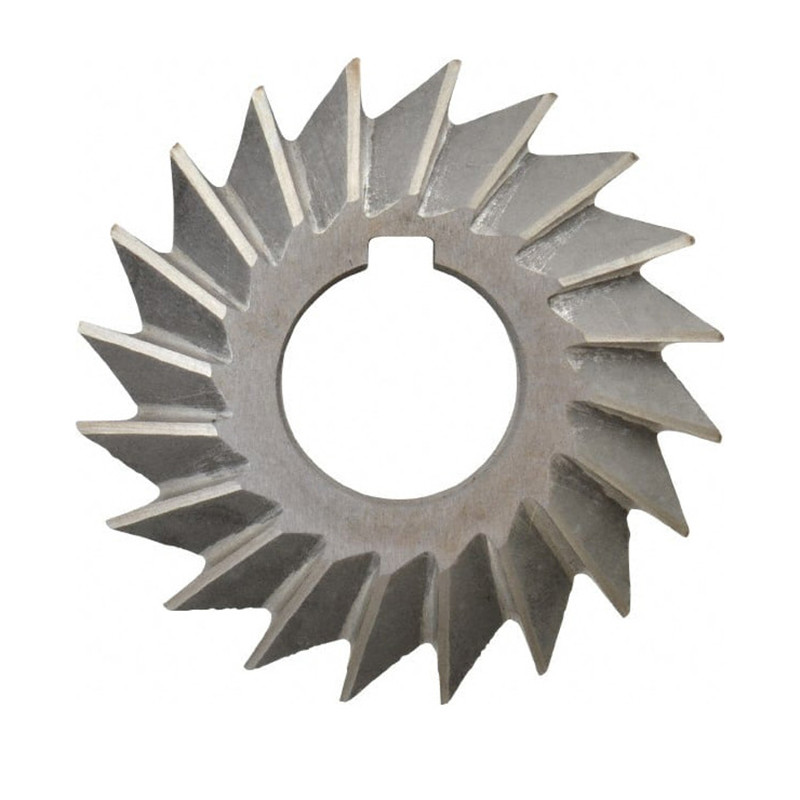 HSS Inch & Metric Single Angle Milling Cutter For Industrial With Bright Or TiN Coated
HSS Inch & Metric Single Angle Milling Cutter For Industrial With Bright Or TiN Coated
Related search
Related search- High-Quality CCGX insert
- indexable threading mill Factories
- digital caliper Factories
- High-Quality internal grooving toolholders
- machinist measuring tools Manufacturers
- american UN full profile threading insert
- dcmt insert Manufacturers
- Rotary burr Manufacturer
- Wholesale Micrometer
- Inch size trapeze ACME threading insert Suppliers




